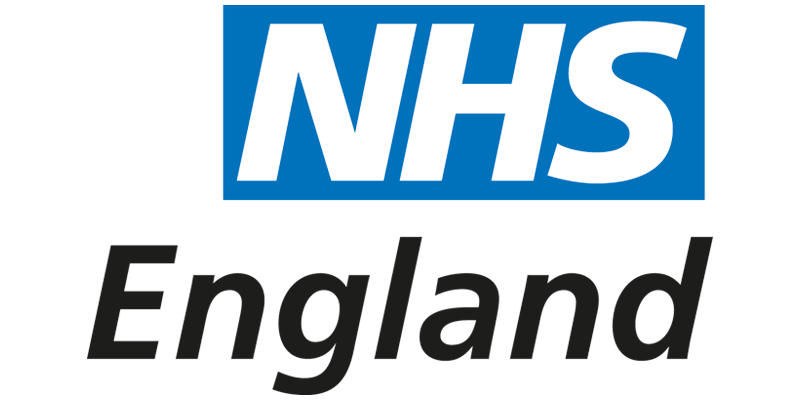When a patient registers with your surgery, ask if they have served in the armed forces and Read code them as ‘Military veteran’ on your computer system. There are also Read codes for ‘Member of Military Family’.
Consider whether a patient who attends with a health problem, especially mental health, might be a veteran (or family member) and ask them if they have served in the armed forces or if they are the family member of a service person.
There are sometimes additional or different referral pathways available which may be more suitable for veterans (for example bespoke NHS veteran services or charitable services).
When referring a veteran to secondary care, ensure that this status is included in their referral letter, as they may be entitled to priority treatment if the problem is attributable to their time in uniform.
Remember that families of veterans can often suffer as well, so please ask what services they might need.
Complete the free Health Education England CPD accredited e-learning package that looks at the similarities and differences between armed forces patients and their civilian counterparts. Please visit
www.e-lfh.org.uk/programmes/armedforces to access.
Join your regional NHS armed forces network. To find out more, email richard.swarbrick@nhs.net
For further information on NHS armed forces health, please visit www.nhs.uk/NHSEngland/militaryhealthcare or email england.south-armedforces@nhs.net

















